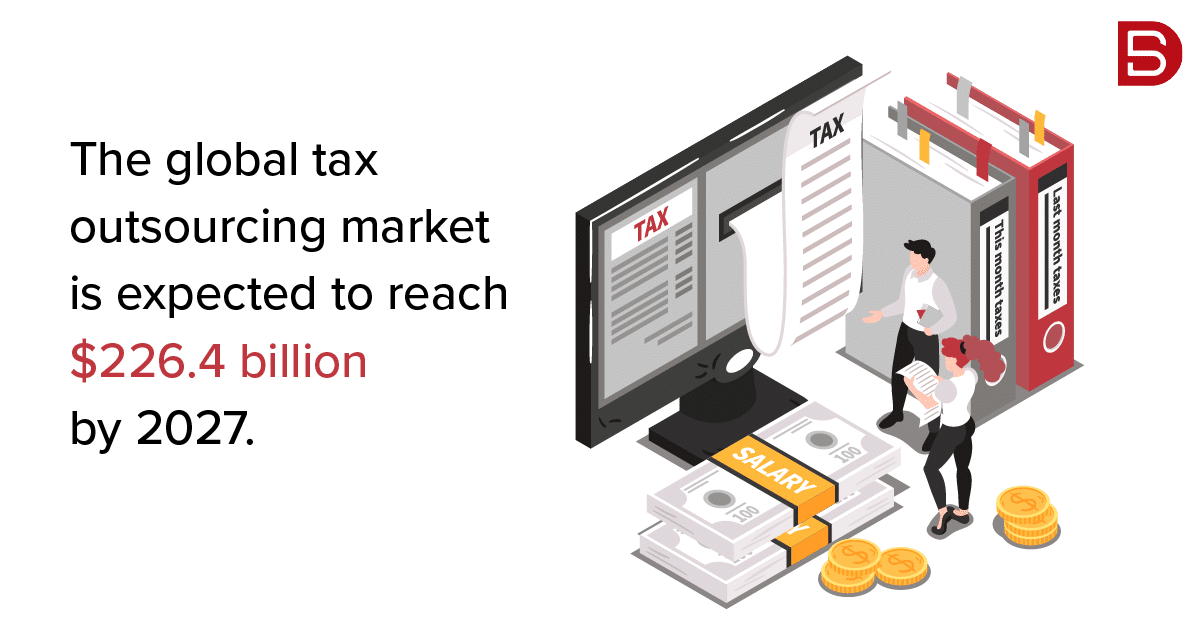Table of Contents
Introduction
The beginning of any fiscal year presents Certified Public Accountants (CPAs) with a bouquet of challenges and opportunities as they chart their plan to navigate the critical tax planning for their clients. For the taxpayers, it is a whirlwind of financial responsibilities and considerations they need to make for better financial health.
So, whether you are a CPA firm, or an individual effective tax planning remains the cornerstone of excellent financial health. With this blog, we aim to chalk up a roadmap of success for anyone looking to sail through the turmoil-laden tax landscape while optimizing savings and compliance.
These time-tested tax planning strategies will help CPAs create and deliver exceptional services to their clients and act as the bedrock for growth and stability for them. So, read our ten essential tax planning strategies every CPA should know and set yourself up for a fruitful tax season.
Now let us give you our ten essential tax planning strategies for the CPAs to help them add value to their clients.
Understand the Importance of Tax Planning for CPAs
Tax planning is a critical element of the services Certified Public Accountants (CPAs) offer. As professional financial advisors, CPAs have a crucial role in helping individuals, businesses, and even organizations navigate the complexities of the tax system.
For this reason, CPAs need to understand tax planning inside out if they are to help their clients and customers sail through the ever-evolving tax landscape and attain healthy financial health. It not only helps their clients have minimum tax liability but also helps them adhere to tax authorities and regulations.
Year-Round Tax Planning
Year-round tax planning is a proactive approach to managing tax matters instead of only focusing on them during the conventional tax season. Year-round tax planning requires constant analysis, monitoring, and implementation of tax-saving strategies for your clients throughout the year. As a Certified Public Accountant (CPA), it is imperative for you to emphasize year-round tax planning to your clients as it will help them:
- Adapt to Any Potential Legislative Changes
- Identify Investment Opportunities
- Optimizing Tax Preparing Timing
- Make Strategic Investment Decisions
- Enhance Overall Financial Planning
Maximize Deductions
Maximizing deductions is the cornerstone for every successful tax planning strategy that Certified Public Accountants (CPAs) employ for their clients. This not only helps them reduce their taxable income legally but also helps them reduce their tax liabilities to a minimum.
By proactively identifying your eligible deductions, CPAs can implement effective tax savings strategies and help optimize their clients’ financial positions. If you are looking to implement this strategy for your client, here are some key considerations that you need to consider:
- Understand Tax Deductions – Know the expenses or allowances the tax code allows.
- Identify Eligible Deductions for Individuals and Businesses – To know the typical deductibles allowed for individuals and businesses.
- Timing of Deductions – To accelerate or defer certain deductible expenses into the current tax year
- Bunching Deductions – For strategically grouping deductible expenses in a particular year
- Documentation and Compliance – For maintaining and organizing details of deductions and expenses
Tax-Efficient Investment Strategies
Investors looking to maximize their after-tax returns and minimize their tax liabilities must leverage tax-efficient investment strategies. As Certified Public Accountants (CPAs), you must guide your clients toward tax-efficient strategies and investments that are critical for their financial goals. All these tax strategies benefit from all the tax codes for growing your assets and minimizing the impact of taxes on your income.
Tax Planning for Small Business Owners
Tax planning is integral for the financial management of small business owners. It requires you to have strategies and investments that can maximize your tax benefits and minimize your tax liabilities. As a small business owner, it will also help you comply with local or national tax laws. As a CPA, you must work with small business owners to understand their unique tax requirements and help them achieve their financial goals. Diversifying your services will also help you grow your clientele and add value to your clients.
Capitalize on Tax Credits and Incentives
As a CPA, you must constantly look for opportunities to capitalize on tax credits and incentives, as it will help individuals and businesses. Tax credits and incentives promote certain behaviors, activities, or investments by directly reducing tax liabilities. As a Certified Public Accountant (CPA), understanding the available tax credits and incentives and how to leverage them can significantly benefit your clients.
Tax Planning for High-Income Earners
As a CPA, you need a unique approach to managing tax planning for high-income earners. You will not only need to minimize the tax liabilities for them but also will have to ensure that they comply with tax laws. It would help if you guided them to make informed financial decisions while navigating through the complexities of the tax code.
Estate Tax Planning
Estate tax planning is a critical part of tax planning for individuals with significant assets. The estate tax, also known as the “death tax,” is a federal tax imposed on the transfer of assets of a deceased person to their beneficiaries. As a CPA, it’s crucial for you to do proper estate tax planning as it will allow a smooth transfer of wealth for your clients while attracting a minimum tax burden.
Tax Planning for Retirement
The secret to any effective tax planning strategy is always to stay abreast of legislative updates and tax changes from the authorities. Addressing these tax changes and staying up to date with the laws will ensure that you and your clients are always compliant with the law and allow you to optimize your tax planning strategies as and when needed.
Addressing Tax Changes and Legislative Updates
The secret to any effective tax planning strategy is always to stay abreast of legislative updates and tax changes from the authorities. Addressing these tax changes and staying up to date with the laws will not only ensure that you and your clients are always compliant with the law but also will allow you to optimize your tax planning strategies as and when needed.
Conclusion
Throughout this blog, we saw the critical role advanced planning and strategy play in helping CPAs build a comprehensive approach toward tax planning beyond the tax season. With this, we intend to equip our CPA clients with expertise and knowledge to help them serve their clients better. However, if you are a CPA and need help getting started, we have a comprehensive suite of CPA services tailored just for us. Reach out to us at marketing@datamaticsbpm.com, and we will have our experts reach out to you to understand your requirement better and tailor a service aptly suited to you.


